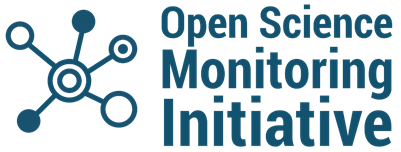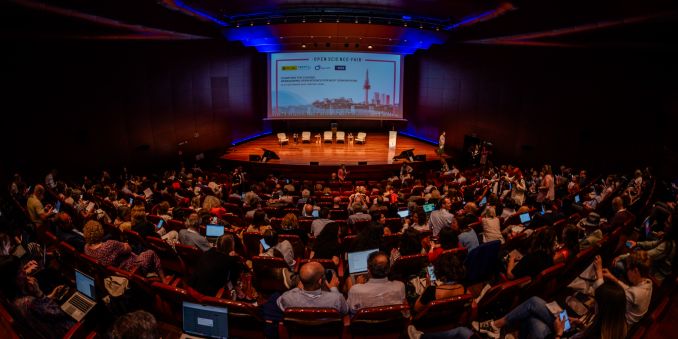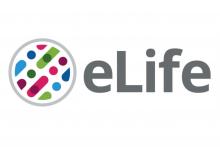Nature Index shows greater emergence of Asian research institutes and steady decline in Western research predominance

The Nature Index Research Leaders 2024 highlights the rapid growth of Asian research institutes, particularly in India and China, and a decline in Western research predominance. Chinese institutions dominate the top ten positions, while India shows significant growth. European and North American countries, except Denmark, generally recorded declines in their adjusted shares. The Nature Index is an open database of author affiliations and institutional relationships. It tracks contributions to research articles published in 145 natural science and health science publications chosen by an independent group of researchers.




